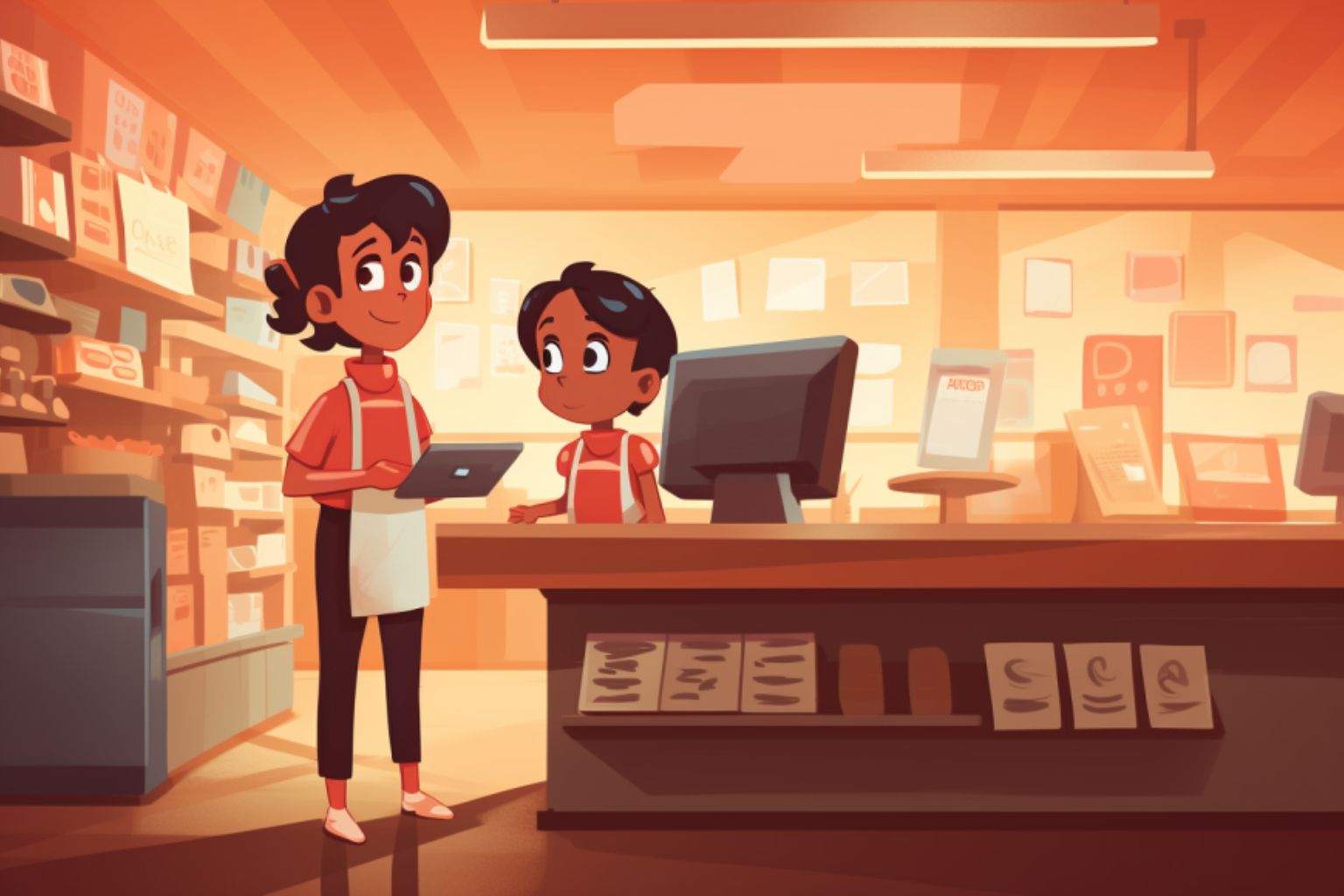The basics of good customer service, like courtesy and attentiveness, may be free. But great service? That’s expensive.
Consider what happened to Virginia Bibliowicz’ father, who rented a car from Budget recently. Shortly after he picked up the vehicle in Knoxville, Tenn., he suffered a heart attack and died.
“When my sister and her husband returned the car later, Budget refused to let them pay the charges,” she says. “I think Budget and this rep should be commended, and they will certainly always have our business.”
Service recovery dilemma
The car rental company didn’t accept a penny of the family’s money. It was the right thing to do, just as airlines offer no-questions-asked refunds when passengers pass away before their flight. These decisions make perfect sense to customers, but not always to a revenue-obsessed travel industry.
Budget’s late rental cost it hundreds of dollars. My efforts to find the employee who zeroed out the bill were unsuccessful. It isn’t clear if the agent who waived the rental fee was rewarded for his actions or punished.
Many airline employees, for example, are strictly forbidden from offering passengers waivers and favors, even as their bosses boast about employee “empowerment.” The sad fact is, most customer service agents probably couldn’t push a button and make your change fee disappear even if they wanted to.
“The distance an employee will go in perfecting a service recovery is directly a result of the management culture at the company,” explains Jim Coyle, who runs the hospitality market research firm Coyle Hospitality Group. “An assistant manager sweating a budget can kill a good service culture by chastising an employee who went a little too far in helping a customer.”
Balancing service excellence with profitability
Can’t you offer great service and earn a respectable profit? Maybe if you’re a boutique hotel company such as the Library Collection, which essentially gives its employees carte blanche to address customer concerns.
Henry Kallan, who owns the Library Hotel Collection, cautions that saying “no” only makes short-term sense in the hospitality business. But it’s a long-term recipe for disaster. “Making a decision purely based on financial considerations might earn you money today but will leave the guest unhappy. In the long run, cultivating lifelong customers is far more profitable.”
At other hotels, they reward employees for breaking the rules if it leads to an enhanced service experience. Boutique luxury chain Kimpton, for instance, labels going above and beyond for a guest as a “Kimpton moment.”
“The rule is: There isn’t a rule,” says Tom Waithe, Kimpton’s regional director of operations for the Pacific Northwest. “Use your best judgment and try and make the situation better for the guest.”
Perhaps hotels find it somewhat more feasible to implement a “no rules” policy compared to the airline industry, where nuisance surcharges seem boundless. Airlines heavily rely on these fees to the extent that even missing a single $200 change fee collection is rumored to significantly affect a flight’s profitability. (If you’ve ever felt that bad service while traveling is your fault, just find a mirror.)
The illusion of employee empowerment
So it was with considerable interest that I read that among American Airlines’ post-merger goals was “empowering people with greater decision-making authority.” Here’s an airline that, combined with US Airways, sucked an eye-popping $815 million in ticket-change fees out of our wallets in 2012, the most of any domestic airline. It’s hard to imagine how flexible employees of the “new” American could be, given their dependence on these fees.
Unfortunately, talk of employee empowerment is often exactly that — talk. Jon Picoult, founder of customer experience advisory firm Watermark Consulting, calls this “slogan leadership,” and says it hurts customers as much as it does employees. “It encourages the employee to feel empowered and make decisions, only for the same manager to reprimand them when they make what’s viewed as a poor judgment call while delivering service.”
So the next time an employee zeroes out your bill or waives a fee, don’t just say “thank you.” Say “thank you very much,” because that person may find himself in a manager’s office, and in extreme cases, out of work. (Here’s how to fix your own consumer problem.)
Bibliowicz is very grateful to Budget. Her father, Reid Patterson, was a 1956 Olympic swimmer who lived a quiet life as a financial adviser and swimming coach. She says his family will remember him for “always doing the right thing, quietly.”
Ask nicely.
How do you get better service from a travel company?
• Don’t set the bar too high.
• Sometimes, full refunds don’t make sense to the company, even when they do to you. Consider the cost.
• Ask a supervisor—politely.
• Managers can often waive or even disregard a policy that doesn’t make sense. Ask for a favor, nicely.
• Appeal to staffers’ humanity.
• When front-line employees don’t have the flexibility to bend a rule, you can still argue that offering better service is the right thing to do.




